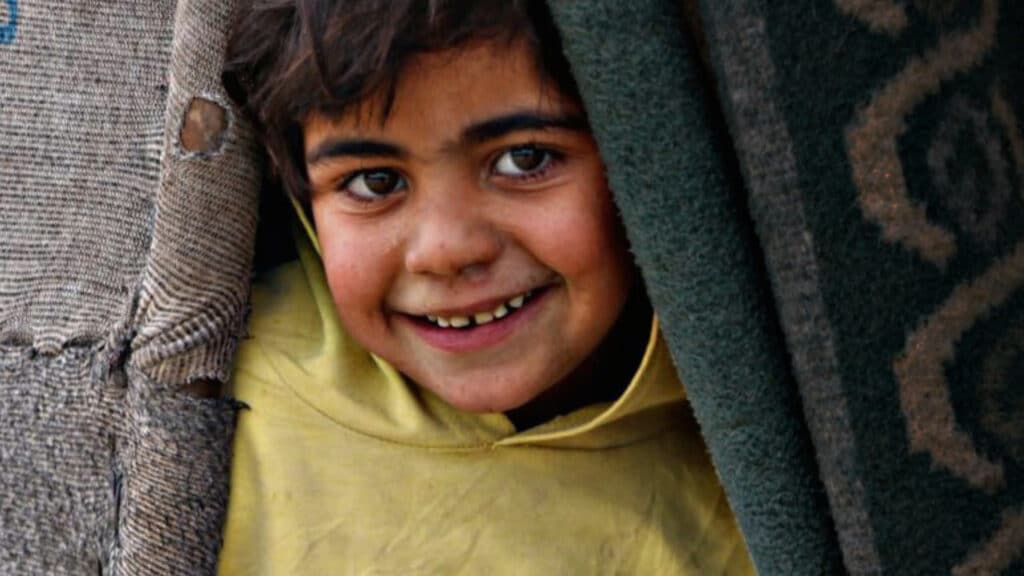Even the most pragmatic Syrians are finding it difficult to be optimistic now. Since 2016 the original ideas of positive change have faded and the realities of a decade of war are setting in.
The overriding one being that for some time now Syrians no longer control their own destiny. For international commentators that is easy to see, but as one man said to me this week Syrians are slowly mourning coming to terms with this reality. Neither the government, nor the armed opposition groups: the activists or the civilians can end this. Seemingly the international community can’t either.
In Gaziantep, where I have been this week, this manifests itself in different ways.
This week I should have been visiting the Primary Health Clinic that Hands Up has supported for the last year in Ali Bajiliah. However access was denied by the Turkish authorities who control this border. Ironically, Syrians must ask permission from the Turkish to deliver aid to their own country, a detail that you might imagine goes down badly.
From the outside it would be mad to pretend to have a grasp on the situation but talking to our long-term partners and cross referencing those details with others, I began to build a picture of the needs if not the solution.
The stories of mass detention, kidnap, severe malnutrition, starvation, rising deaths from chronic disease and even child suicide trickle across the border. It paints the picture of a desperate population living hand to mouth; uncertainty and fear pushing families beyond their limits.
It doesn’t take an expert to recognize that the need for medical facilities, education and psycho-social support will stretch long into this century.
At Hands Up we have always taken our lead from the unrivalled positivity of the Syrians and their ability to help themselves but that is incredibly hard to do at the moment.
My old friend Nihad asked me quietly at dinner “what would you have done” over the last ten years? “What can we do?” In his mind there is simply no alternative but to continue, “it’s like” he said “wrapping [putting a plaster on] the little finger when the rest of the body has 200 lacerations”.
I felt deeply sad talking to him, I know he won’t ever stop trying to right the wrongs. However, for the moment that is only possible on a small scale – individual projects – schools, hospitals and emergency aid.
For the time being that seems the realistic mission for all those trying to support Syrians, including Hands Up.

Keeping supporters clued up on our work is important to us. Sign up to keep up to date with where the funds go and the impact they have, and how you can support us.